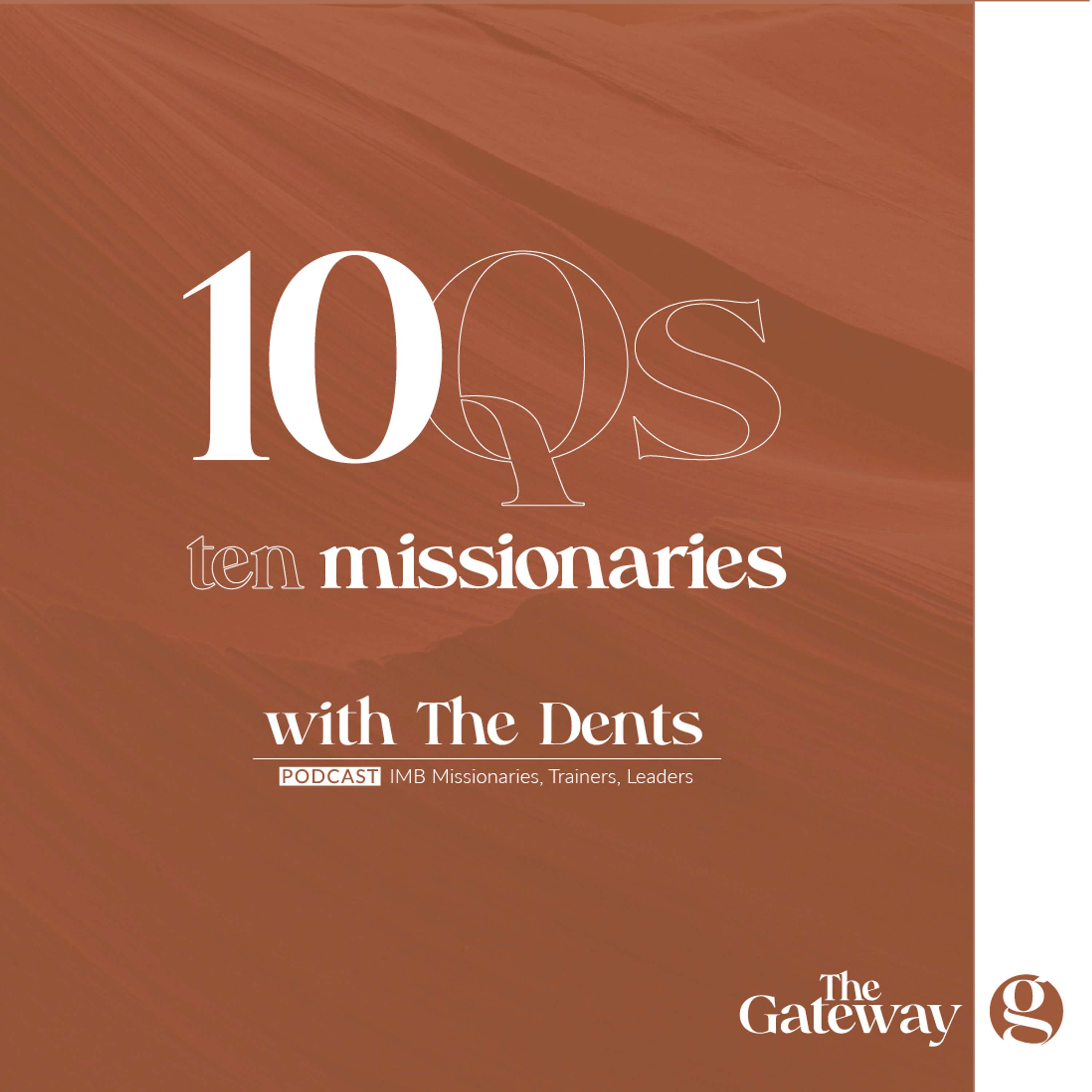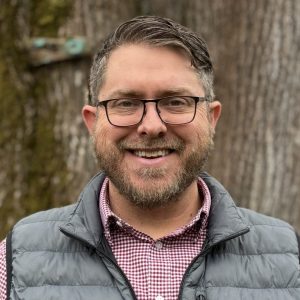As churches move to online platforms, live streams, and other technology solutions in the midst of the Coronavirus outbreak, we wanted to share some tried and true online education principles that can help inform pastors and church leaders in this transition.
Online education done well is not simply watching a video, rather it is building a community of learners who grow together as they engage meaningful content. Likewise, church is more than a sermon, it is a community of believers seeking to make Christ known. Therefore, as we move the church online temporarily, let’s find ways to do more than just put the sermon online. Let’s create gospel community.
Historically, online education has had many of the same concerns facing churches right now. How do we help generate community from a distance? How do we deliver quality content online? How do we help people grow, not just gain knowledge? These sorts of questions have been extensively researched and their solutions practiced in online education for a long time with incredibly positive results.
One such solution is called “The Community of Inquiry.”1 Basically, this is a framework with three major components which, when all three are present, help create a community of learners where growth and transformation can happen. Each component defines a specific and necessary relationship for the student (or in our case, the church member) in the online learning environment. As I outline each component below, I will translate it from the student/professor context to a member/pastor context:
Member to Content: Church members need content. They must engage with the Bible through preaching, teaching, and reading. You can facilitate their interaction with content through livestreaming, pre-recorded sermon/teaching, manuscript sharing, and/or podcasts. Regular encouragement for members to read the Bible daily and even read supplementary resources, articles, or blog posts can also allow members to interact with content.
Member to Church Leadership: Church leaders should engage members personally and regularly to encourage them as they grapple with the provided biblical content and apply it to their life. Consider group texts, phone calls, and check-in’s as possibilities. Equip your leaders to strategically connect to members through methods that your members are able to use.
Member to Member: Church members also need regular engagement with one another as they discuss Bible lessons, pray for one another, and serve one another. Zoom meetings, Facebook groups, group texts, watch parties (ie. either small groups watch together in person or groups watch together live), and other creative solutions can get members connected even while practicing social distancing.
When these three components are present in an online classroom, healthy growth and transformational learning can occur. As churches move to online platforms for their community during this time, consider implementing these three components to further help your community deepen and encourage biblical transformation as members connect to content, leadership, and one another in healthy ways. Our next three blog posts will dive deeper on these three components by sharing ideas on how to facilitate each.
1 Garrison, D. R., Anderson, T., & Archer, W. (2000). “Critical inquiry in a text-based environment: Computer conferencing in higher education model.” The Internet and Higher Education, 2(2-3), 87-105. https://coi.athabascau.ca/coi-model/
Read More

Comfort Twice Over
When we provide comfort to fellow believers, we are the means by which God has chosen to provide his comfort.

Inheritance & Glory: Our Vocation
For believers, while heaven may seem long away, our eternal inheritance is already available to us in the here and now.
Listen
Brian Borgman
On this episode of The Jonathan Edwards Center Podcast, Dr. Chris Woznicki interviews Dr. Brian Borgman regarding his book, Jonathan Edwards on Genesis. They discuss Edwards as an exegete, as an interpreter of scripture, specifically looking at Genes

The Dents
Tyler sits down with longtime missionaries and retired Gateway faculty, Don and Anne Dent. The Dents served with the IMB for over 30 years and most recently at Gateway Seminary. In this episode, they reflect on their past experiences from working in the mission field

Watch

Jonathan Edwards and the Asbury Revival
Chris Chun and Chris Woznicki discuss the signs of true revival, signs of the work of the Holy Spirit, and why it is important to critically assess the characteristics of revival in a spirit of charity.

Jonathan Edwards and the Baptists | Douglas Sweeney, Nathan Finn and Chris Chun
Dr. Douglas Sweeney and Dr. Nathan Finn joined Dr. Chris Chun for a panel discussion on Jonathan Edwards, recorded live at the SBC Annual Meeting in Anaheim.




